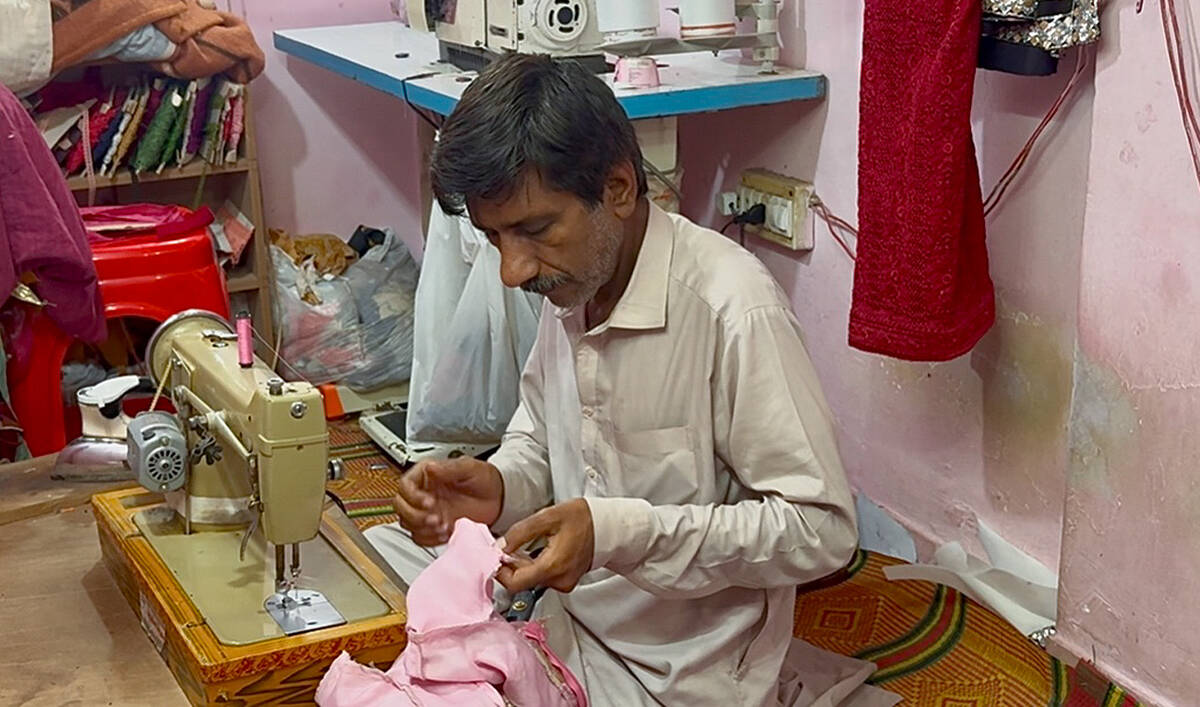Thousands of supporters of Pakistan’s jailed former Prime Minister Imran Khan marched on the capital Islamabad this week, breaking through barricades and clashing with police in response to his call for a sit-in protest.
Here is a look at what led to the protest and this chapter of political rallies in Pakistan:
WHAT DO PROTESTERS WANT?
Topping the demands of Khan’s Pakistan Tehreek-e-Insaf (PTI) party is the release of all its leaders, including Khan, who has been jailed on a series of corruption charges since August 2023.
They also seek the resignation of the current government over what they call rigged general elections this year.
PTI supporters from across the country, including Khan’s wife Bushra Bibi, have marched on the capital, with large numbers coming from the party’s stronghold in the northern province of Khyber Pakhtunkhwa.
They have vowed to enter the capital and rally at a public square near parliament that is a popular protest site, holding what leaders have called a “do or die” sit-in.
HOW HAS THE GOVERNMENT RESPONDED?
Prime Minister Shehbaz Sharif’s government has given no indication yet of bending to the demands. Authorities have used shipping containers to block major roads and streets in Islamabad, with police and paramilitary patrolling in riot gear.
Mobile Internet links are down and schools have been closed for several days in the capital and the nearby garrison city of Rawalpindi. Gatherings have been banned in Islamabad.
WHAT HAS HAPPENED SINCE THE MARCH BEGAN?
Thousands of supporters clashed with police and paramilitary troops on the weekend, as they tried to enter Islamabad.
Both sides have reported injuries and the prime minister’s office said members of the paramilitary were killed when they were run over by a car in the protest convoy. The interior ministry put the number of those killed at four.
WHERE DO THE PROTESTERS WANT TO GO?
The marchers aim to reach the roundabout near parliament that has long been a rallying point for protests and sit-ins that have marked Pakistan’s turbulent politics for decades.
The site is in Islamabad’s heavily fortified red zone, home to parliament, key government installations, luxury hotels, embassies and the offices of foreign organizations.
WHAT IS THE HISTORY OF POLITICAL PROTEST IN PAKISTAN?
Stormy politics and unrest during Pakistan’s 77-year history have included protests and sit-ins by opposition parties.
Khan led one of Pakistan’s largest sit-ins in 2014 when his supporters protesting against the PML-N government occupied the roundabout site for 126 days.
PTI supporters last marched on Islamabad in October, sparking days of clashes with police that killed one officer.



















